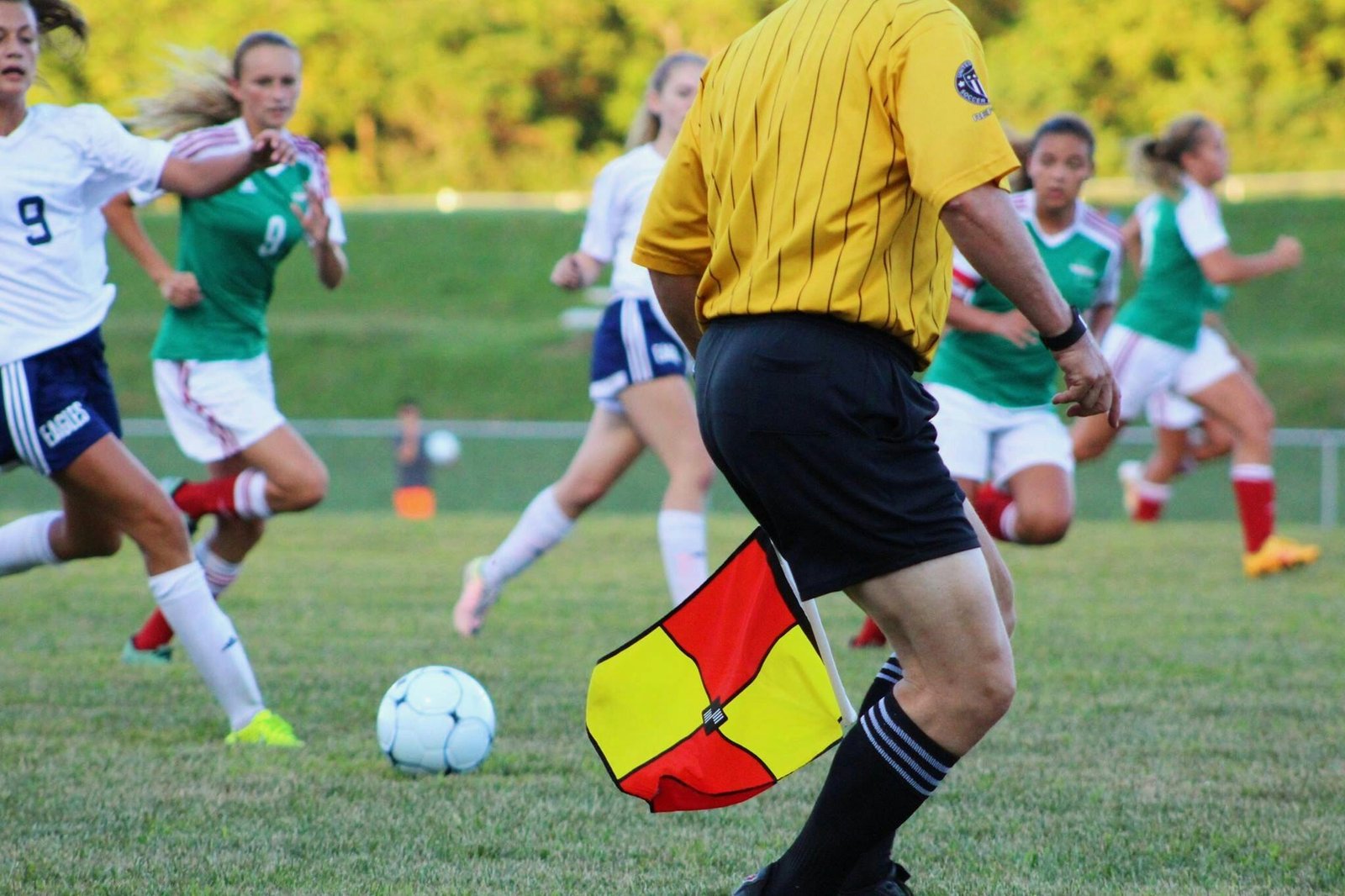Running a sports club requires clear, comprehensive policies to ensure the safety of members, protect volunteers and staff, and maintain compliance with legal and governing body requirements. Policies provide a framework for consistent decision-making, risk management, and operational clarity. Implementing and regularly reviewing these policies helps create a professional, safe, and inclusive environment that attracts members and builds trust with stakeholders.
Health and Safety Policy
A health and safety policy sets out how the club will prevent accidents and respond to emergencies. It should outline:
- Risk assessments for all club activities and facilities
- Procedures for first aid, accidents, and incidents
- Emergency evacuation plans and fire safety measures
- Responsibilities of committee members, staff, and volunteers
- Training requirements for first aid and safety procedures
- Review and update schedule to ensure ongoing compliance
All members and volunteers should be familiar with the health and safety policy, and records of training and risk assessments should be maintained systematically.
Safeguarding Policy
Safeguarding policies are critical for clubs involving children, young people, or vulnerable adults. Key elements include:
- Code of conduct for coaches, volunteers, and members
- Procedures for reporting concerns, suspicions, or incidents
- Background checks and vetting requirements for staff and volunteers
- Appointment of a safeguarding officer or welfare lead
- Confidentiality, data protection, and record-keeping protocols
- Regular training and refresher courses for staff and volunteers
Safeguarding ensures that all members can participate safely and that the club meets statutory and governing body requirements.
Equality, Diversity, and Inclusion Policy
An equality, diversity, and inclusion (EDI) policy fosters a welcoming environment and prevents discrimination. The policy should cover:
- Commitment to treating all members fairly regardless of age, gender, ethnicity, disability, or background
- Procedures to prevent harassment and discrimination
- Accessibility measures for facilities, sessions, and communications
- Staff and volunteer training on EDI principles
- Monitoring and reviewing inclusivity and engagement levels
Promoting EDI enhances participation, strengthens community reputation, and aligns the club with legal obligations.
Code of Conduct and Discipline Policy
Codes of conduct set behavioural expectations for members, staff, and volunteers. The policy should outline:
- Expected standards of behaviour during sessions, competitions, and social events
- Procedures for reporting breaches of conduct
- Disciplinary processes, including warnings, suspensions, or expulsions
- Appeals process for members who disagree with decisions
- Roles responsible for enforcing the policy
Clear codes of conduct reduce conflicts, ensure fairness, and create a safe, respectful environment for all participants.
Data Protection and Privacy Policy
Data protection policies ensure that member information is handled securely and in line with legal obligations. The policy should address:
- Collection, storage, and use of personal data
- Member consent for communication and data processing
- Secure storage systems and access restrictions
- Procedures for handling breaches or data requests
- Retention and deletion schedules for records
Adherence to data protection regulations protects members’ privacy and prevents potential legal issues for the club.
Risk Management and Incident Reporting Policy
A risk management policy identifies potential hazards and sets out mitigation strategies. The policy should include:
- Regular risk assessments for facilities, equipment, and activities
- Clear procedures for reporting incidents or near misses
- Documentation and follow-up of incidents
- Responsibilities for monitoring, reviewing, and updating risk management procedures
- Training for staff and volunteers on risk awareness
Effective risk management minimises accidents, protects the club from liability, and ensures insurance coverage remains valid.
Social Media and Communications Policy
Modern clubs rely on digital communication, so clear social media guidelines are essential. The policy should cover:
- Appropriate use of social media by members, staff, and volunteers
- Guidelines for official club accounts
- Privacy and consent requirements for images or videos of members
- Procedures for managing negative or inappropriate posts
- Regular review to align with legal and platform changes
This policy protects the club’s reputation and ensures responsible online engagement.
Reviewing and Updating Policies
Policies should not be static documents. Regular review ensures they remain effective and compliant. Best practices include:
- Annual review of all core policies or sooner if legislation changes
- Committee approval for any updates
- Distribution and communication of policy changes to all members and staff
- Training refreshers to reinforce understanding and compliance
A structured review process maintains the club’s professionalism and mitigates risk.
FAQs
Why are club policies necessary?
Policies provide a legal and operational framework that protects members, volunteers, and the club while ensuring compliance with governing bodies.
Which policies are mandatory?
Health and safety, safeguarding, and data protection are typically required. Codes of conduct, risk management, and EDI policies are strongly recommended.
How often should policies be updated?
At least annually or whenever there are changes to legislation, regulations, or operational practices.
Who is responsible for enforcing policies?
Committee members, designated officers, and staff or volunteers assigned to specific roles, such as safeguarding officers, share responsibility.
Do members need to read all policies?
Members should be made aware of key policies, especially those affecting their safety, conduct, or personal data, and acknowledge compliance where required.
Processes vary by country and governing body, but registration can typically be completed within 2–6 weeks if documentation is complete.




